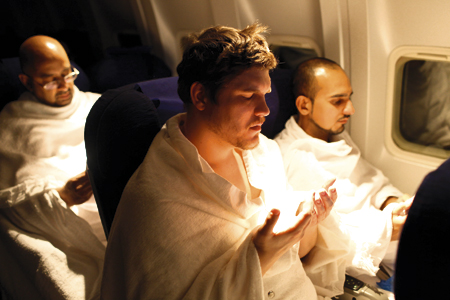
The Signs of Islam
Issue 76 January 2011
Disabilty is an under-explored topic in the Muslim community. Khadija Gulamhusein looks at a charity that seeks to increase the availability of specialised Islamic communications for the deaf.
The beauty of Islam is that it is intended to be accessible to all. There are no mediators between the individual and God. The message is universal; it isn’t restricted to members of a particular social class or of a specific age, race, or gender. Yet, while the message is unrestrictive in its formulation, it often fails to reach those who desperately seek it. Many a times Muslims fail to realise that there are differentials in the requirements of access and thus inadvertently exclude individuals with specialised needs. A mosque without a ramp at its entrance will restrict access to the wheelchair-bound; an Islamic centre with no facilities to cater for the deaf will prevent such individuals from hearing the message.
The discussion of disabilities in the Muslim community is often deemed a taboo subject. Because it isn’t something that affects the majority of the community, it isn’t necessarily considered a priority. The disabled themselves and their families often feel unable or uncomfortable in asking for concessions. But Islam is categorical in its requirement of Muslims to actively help those who need assistance. “And do good unto your parents, and near of kin, and unto orphans, and the needy, and the neighbour from among your own people, and the neighbour who is a stranger, and the friend by your side, and the wayfarer...”(4:36).
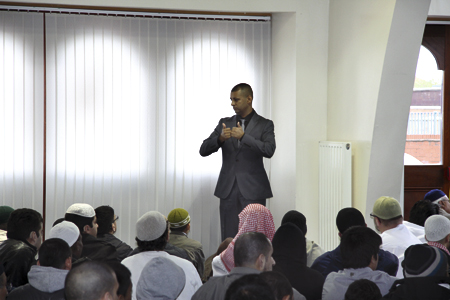
Sadaqat Ali is deaf. He was born into a hearing family and he understood the difficulties better than anyone else. From a young age he struggled to communicate with those around him, particularly his parents as English was not their first language and his main medium of communication was British Sign Language (BSL). This instigated him to set up al-Isharah, an educational-based charity, which aims to make Islam accessible to the deaf Muslim community. Their expertise focuses on the varied language needs of the deaf, who are often most excluded from access to mainstream information.
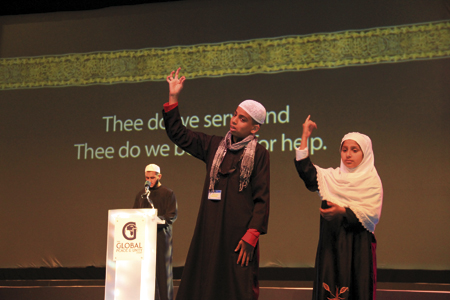
According to Sadaqat, deaf Muslims have often expressed their frustrations and disappointment at the poor level of alternative access to Islamic texts, centres and mosques. These feelings are further exacerbated by the fact that the majority of deaf children are born into hearing families. While family members attempt to employ BSL, they are often unable to utilise it fully and struggle to explain complex topics such as faith. The structure of BSL differs to that of the spoken English language, which makes it difficult to make Islamic texts and communications ‘deaf friendly.’
Thus, a significant amount of information can be lost or deemed too difficult to translate. As a result, deaf Muslims access Islam in snippets; they learn a small and insufficient amount about Islam from a few sources, namely their parents and the environment. Unfortunately, this can result in the intricacies of the faith not being fully grasped, resulting in a potentially diminished or inaccurate understanding of Islamic principles and practices.
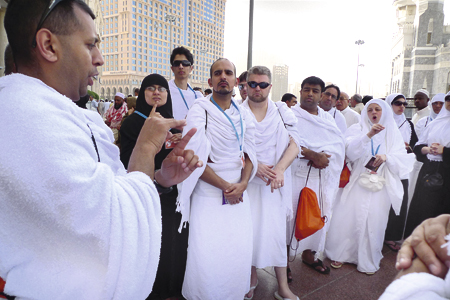
Until now, the attitude of the Muslim community has been that it is too difficult to institutionally teach Islam to deaf Muslims. But al-Isharah, with its team and expertise has chosen to take a more optimistic approach to the challenge and begun to address the gap. For example, they have worked towards ensuring that the Friday sermon is translated into BSL at both the East London Mosque and Green Lane Mosque in Birmingham. Both mosques have weekly Islamic classes for the deaf and the Birmingham mosque even has special tajweed classes for the partially deaf. Al-Isharah has even managed to organise tailored umrah trips to meet the needs of the deaf community.
In addition to more practical and short-term initiatives, al-Isharah has been looking to incorporate ‘Islamic signs’ into BSL in an attempt to make communication of Islamic teachings more feasible. To date, they have codified Islamic signs and are working towards including them in an Islamic BSL dictionary. As a corollary to this, they are working towards incentivising Muslims to become interpreters. Because most BSL interpreters are not from Muslim backgrounds, their limited understanding of Islam results in the message being incorrectly translated.
Al-Isharah focus on the varied language needs of the deaf, who are often most excluded from access to mainstream information.
Bookmark this |
|
Add to DIGG |
|
Add to del.icio.us |
|
Stumble this |
|
Share on Facebook |
|
Share this |
|
Send to a Friend |
|
Link to this |
|
Printer Friendly |
|
Print in plain text |
|

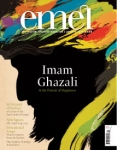
Comments
0 Comments